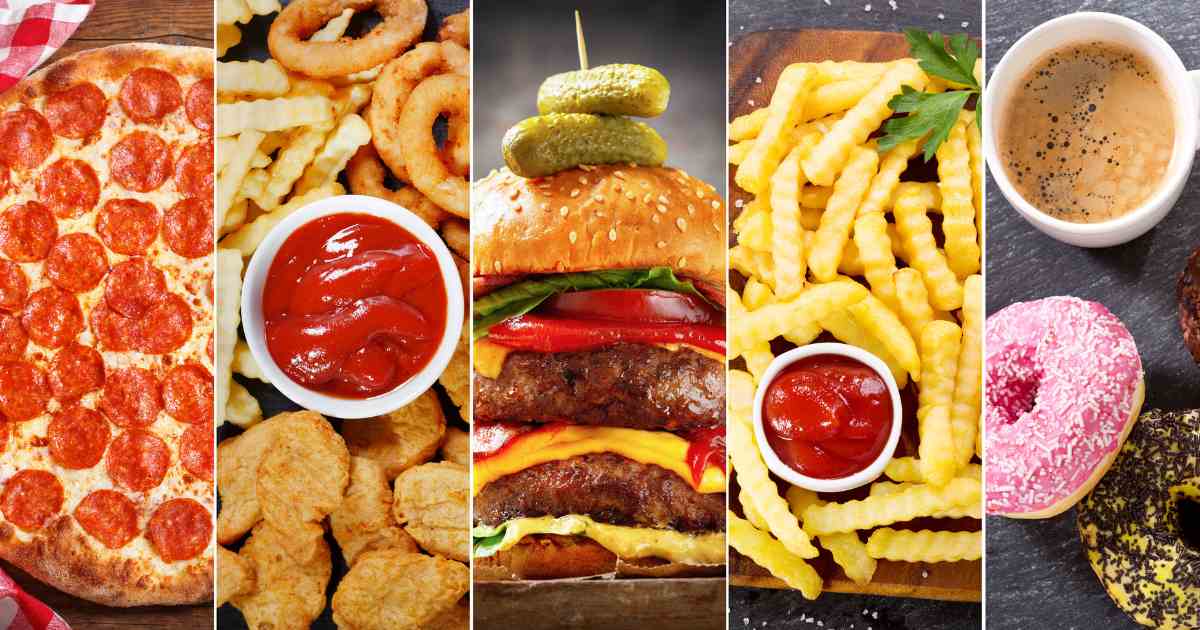Ifedolapo Runsewe, the founder and managing director of Freee Recycle. Photo by Zaniel Dada, bird story agency
By Zaniel Dada, bird story agency
How Ifedolapo Runsewe started a waste management company that transforms discarded vehicle tyres into usable products.
Ifedolapo Runsewe is prospecting for “black gold”. Although Nigeria is one of the world’s leading crude oil exporters, this time oil is not the black gold she is looking for.
An entrepreneur based in Ibadan, southwestern Nigeria, Runsewe is the founder of Freee Recycle, a waste management company that transforms discarded vehicle tyres into usable products. Freee Recycle is also the launch vehicle for Runsewe’s vision of a circular economy.
“A lot of people are worried about the amount of waste we generate and the impact it’s having on our ecosystems. The desire to conserve resources and improve our overall quality of life were motivating factors,” the entrepreneur says.
The journey began after a decade of working in sales and operations for banks and telecommunications companies. Runsewe began looking for an opportunity to take the entrepreneurial leap.
While driving past a landfill one day, she was alarmed by the suffocating fumes coming from piles of burning tyres. Deciding to do some research, she didn’t like what she found.
The World Bank estimates Nigeria will produce over 100 million tonnes of waste annually by 2050. The current level is some 32 million tonnes a year. Processing garbage safely is challenging for Nigerian authorities and there is also widespread illegal dumping.
Old tyres pose a particular problem. They hold relatively little monetary value once used. Scientific studies have shown that as they decompose, they release hazardous materials into the soil and water, and into the air when burned.
Runsewe spent years on research, design, raising capital, and prototyping before Freee Recycle officially got rolling in 2020.
“No one else was doing this at that time. We had to train our staff from scratch. And then we had to import all the technology because it was a nightmare to fabricate them locally. Sometimes we got it right, sometimes we didn’t, and that was money down the drain,” she says.
Discarded tyres being processed at the Freee Recycle factory in Ibadan, Nigeria. Photo by Zaniel Dada, bird story agency
The ‘sweat equity’ and more than $5 million that Freee Recycle and its partners have invested are now yielding returns. Records from the social enterprise show that the company now employs 160 people.
Freee Recycle claims its sole facility in Ibadan’s industrial area can handle around 150 car tyres per hour and has gone through 250,000 tyres so far.
“Our plan is to scale up to one million tyres per annum or more, and to achieve that we will need to set up other crushing sites around the country,” Runsewe says.
Some of Freee Recycle’s best sellers are rubber tiles that sell for about $45 per square metre. Freee Recycle also produces mats, paving bricks, marine bumpers, kerbs, insulation rolls, and other rubber accessories.
The company’s marketing strategy includes highlighting to price-sensitive consumers that its goods are more durable, ethically produced, support local businesses, and solve an existing problem.
The workflow at the factory involves using specialised equipment to break down the tyres, remove embedded objects, then mould the salvaged rubber into various products for industrial, commercial, and residential use.
Runsewe outlines two main strategies her company uses to source its tyres:
First, the company purchases discarded tyres from registered vendors and agents at about $0.10 per piece, creating business opportunities up the chain. Sources such as auto repair services gain additional revenue from selling their old tyres, while Freee Recycle’s collectors earn money by identifying and supplying stockpiles to the company.
Second, Freee Recycle encourages organisations with fleets of vehicles to dispose of their used tyres responsibly through an extended producer responsibility (EPR) programme. This programme enables organisations to divert the flow of old tyres away from landfills. Partner organisations are issued certificates that detail the materials received, their processing, the resulting products, and how the process contributed to reduced emissions.
Flip-flops made from recycled tyres on display at a promotional event organised by Freee Recylce on 27 March 2024 in Lagos, Nigeria. Photo by Zaniel Dada, bird story agency
“We’re trying to shift from a linear to a circular economy, so there must be a plan for disposing of the materials that manufacturers are putting out there when they reach the end of their product’s life cycle,” Runsewe explains.
This is one of the reasons she is so excited about Freee Recycle’s latest offering: upscaled and eco-friendly flip-flops.
“We’ve had our eye on the sustainable fashion industry from the very beginning. While visiting Kenya in 2019, I saw Maasai warriors wearing sandals made from waste tyres. It made a lot of sense,” Runsewe recalls.
Some of Freee Recycle’s flip-flops feature graphic designs celebrating Nigeria’s cultural heritage.
The company has also started recycling steel, by smelting scrap metal for repurposing into items like nails and wire.
“For me, success is doing something that I love, something that makes me happy, but most importantly something that impacts other people’s lives positively as well,” Runsewe says.
/bird story agency

















%20(2)%20(1).jpg)

Discussion about this post